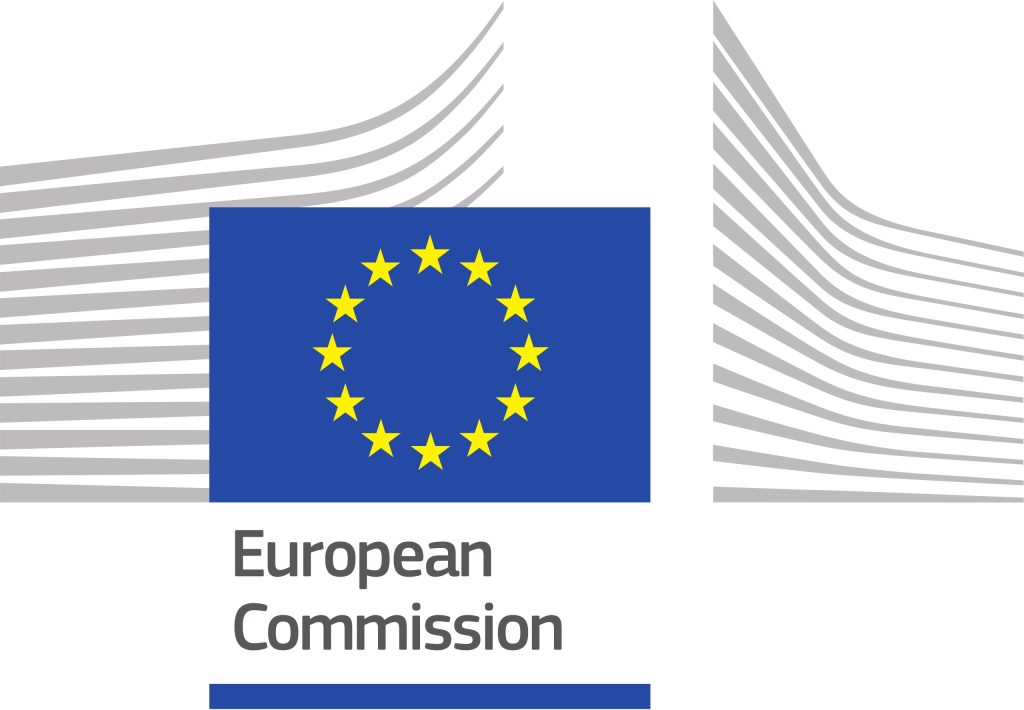
Critical technologies for the future ocean energy farms
Expected Outcome:
Project results are expected to contribute to all of the following expected outcomes:
- Increased performance of ocean energy technologies with the focus on sustainability, operation and maintenance of ocean energy devices.
- Improved knowledge on how to operate ocean energy devices, their availability, maintainability, reliability, survivability, and sustainability.
- Reduction of LCOE.
Scope:
Projects are expected to address at least one of the following areas:
- Components and systems used in ocean energy devices need to be resistant to corrosion and the heavy loads they are subject to. Develop new sustainable materials with improved fatigue, damping, stiffness, sustainability and bio-fouling management or other cost-reducing characteristics. Materials such as reinforced concrete, polymers, composites, and concrete-steel/composite-steel hybrids systems have demonstrated some advantages such as reduced costs. Demonstrating the potential benefits of these new sustainable materials in ocean energy converters, moorings and foundations whilst ensuring structural integrity, durability and circularity is required. Advance the design of sustainable tailored mooring and connection of electrical or other power transmission systems for floating or subsea wave and tidal devices. Advance combined mooring and electrical connectors or hydraulic power transmission to reduce component cost and number of connection operations, included in systems for sharing an anchor between devices in arrays. Develop novel systems for safe and quick connection/disconnection that do not require large vessels and/or diving teams.
- Instrumentation for condition monitoring and predictive maintenance of ocean energy devices. Apply recent advances in condition and structural health monitoring from other sectors to ocean energy – particularly those currently developed for offshore wind. Apply latest sensor technology to existing ocean energy deployments. Document and share experience on sensors performance and reliability, and methods for adapting them to the harsh ocean energy environment. Improve transmission or storage of data collected from sensors, such as underwater data transmission.
- Artificial Intelligence (AI) in ocean energy technology development. Develop or apply advanced simulation of ocean energy systems. Use of big data with analysis of data streams, application of big data methods and machine learning, including artificial intelligence, or digital twin models for the design, installation, operation and decommissioning of ocean energy devices.
Improvements in the discrete technology areas should be developed holistically – e.g. work on monitoring instrumentation should be consistent with work on moorings & connections. The innovative technologies should not significantly harm the environment (DNSH principle), and have low impact on ecosystem biodiversity and consider potential mitigation measures. The projects should by using the precautionary principle elaborate proposals for acceptable harm and what low impact on biodiversity mean.
It is expected that key performance indicators are used based on international recognized metrics
Projects should demonstrate how improvements in the different technology topics can be applied to multiple different ocean energy devices – for example to a wide range of floating devices, or a wide range of sub-sea devices.
Specific Topic Conditions:
Activities are expected to achieve TRL 5 by the end of the project – see General Annex B.
General Information
Project results are expected to contribute to all of the following expected outcomes:
1. Increased performance of ocean energy technologies with the focus on sustainability, operation and maintenance of ocean energy devices.
2. Improved knowledge on how to operate ocean energy devices, their availability, maintainability, reliability, survivability, and sustainability.
3. Reduction of LCOE.






Critical technologies for the future ocean energy farms 0 reviews
Login to Write Your ReviewThere are no reviews yet.